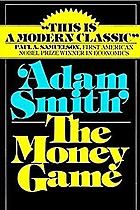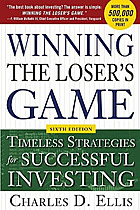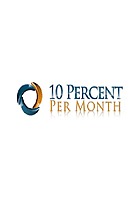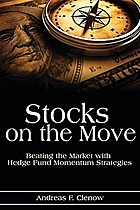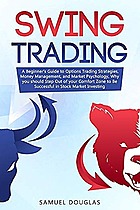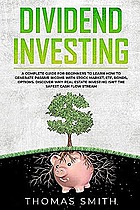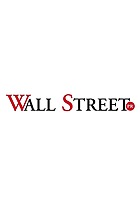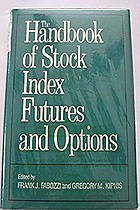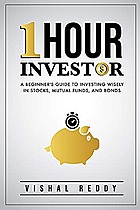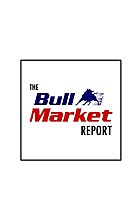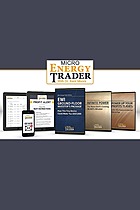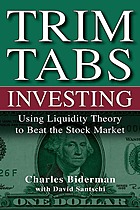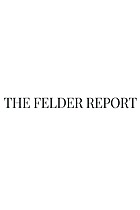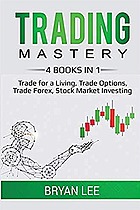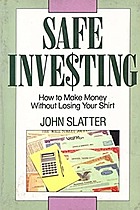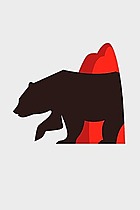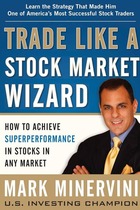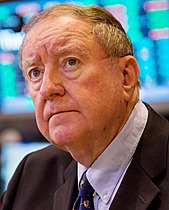
Stock Market
The stock market is where investors connect to buy and sell investments. The stock market is the main financial venue where investing happens. It is a collection of all the places where matches are made between buyers and sellers trading shares of public companies. Over time, the stock market has offered one of the most powerful opportunities for investors to grow wealth. It helps companies raise money to fund operations by selling shares of stock, and it creates and sustains wealth for individual investors. An efficiently functioning stock market is considered critical to economic development, as it gives companies the ability to quickly access capital from the public.
Experts
Adam Khoo
Alan Shaw
Andrei Shleifer
Andy Krieger
Art Cashin
Ben Morris
Bill Smead
Bob Brinker
Bob Farrell
Bret Kenwell
Brian Shannon
Chad Shoop
Charles Biderman
Chuck Carnevale
David Kotok
David Merkel
David Nage
David Skarica
David Truffelman
David Wilson
Dylan Jovine
Edwin Dorsey
Eli Hoffmann
Eric Chemi
Eric Fry
Gareth Soloway
George Leong
Ian King
James Stack
Jason Raznick
Jeff Weiss
Jeff Yastine
Jesse Livermore
Jim Puplava
John Hussman
John Kosar
John Murphy
Kristy Shen
Kyle Dennis
Leslie Lamb
Marc Chaikin
Mariusz Skonieczny
Matt Krantz
Matthew Byer
Michael Sincere
Michael Venuto
Milton Berg
Nishant Pant
Peter Borish
Peter Kendall
Ray Blanco
Rick Pendergraft
Rob Sechan
Rob Siracusano
Robert Prechter
Sean Hyman
Spencer Jakab
Stephen Bigalow
Stephen Perry
Steve Foerster
Steve Saville
Steve Schwarzman
Steven Hochberg
Taesik Yoon
Terry Chrisomalis
Tom Busby
Urban Carmel
William Goetzmann
INVESTING IN THE STOCK MARKET
Decide what kind of account you want to open.
From retirement savings to college savings, from short-term goals to long, there really is an investment account for everything.
Open a brokerage account.
Once you’ve decided what kind of account you want, you’re ready to open an account at a provider called a brokerage. When choosing a company, consider their fees and available investment options.
Deposit money.
To get started, you need to make an initial deposit. You can also set up recurring deposits to automate your investments going forward.
Choose your investments.
Once your account is open, you can buy and sell securities. Many experts recommend a diversified, fund-based approach to minimize the risk any one bad investment loses your money.
Purchase your investments.
Once you’ve settled on what you want to buy, simply enter the ticker symbol in the buy field and indicate how many shares you want to buy.
OTHER TYPES OF MARKETS
Over-the-Counter Markets.
OTC markets provide a venue for trading that takes place outside of major exchanges. OTC trades are primarily made directly between sellers and buyers, and prices may or may not be publicly available.
Commodities Markets.
Raw materials like steel, coal and oil are traded on commodities markets. There are around 50 major commodity markets worldwide that facilitate trade in a wide range of commodities.
Derivatives.
Derivatives are financial contracts like options whose value is tied to an underlying asset. These are essentially contractual bets about whether individual securities’ values will rise or fall.
Foreign Exchange Markets.
Forex trading is a borderless, international market for exchanging currencies. Forex traders take advantage of the constantly fluctuating value of different currencies to make profits, and help provide liquidity for international trade.
Bitcoin, Ethereum and other cryptocurrencies are traded on specialized crypto exchanges.
